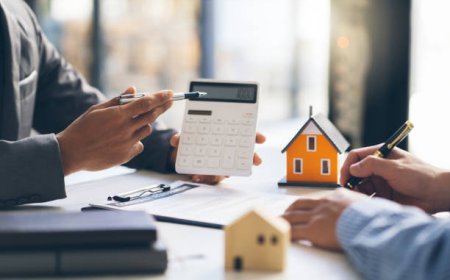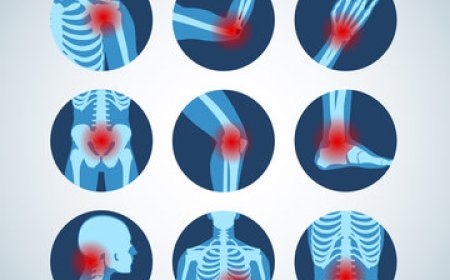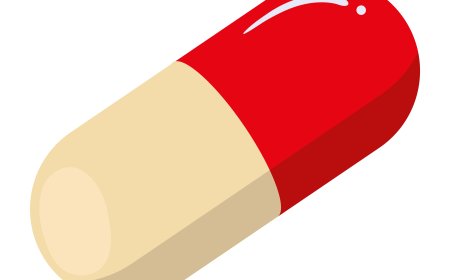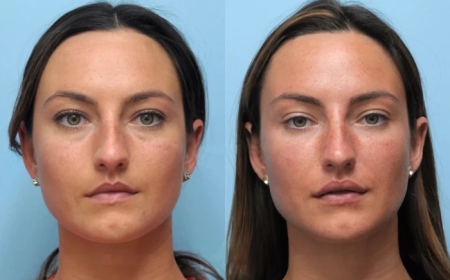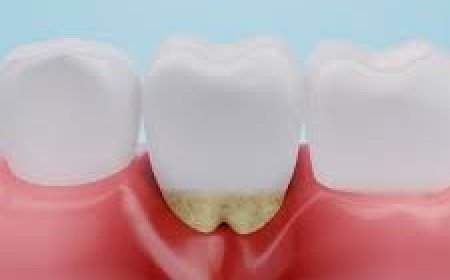How to Break the Cycle of Performance Anxiety
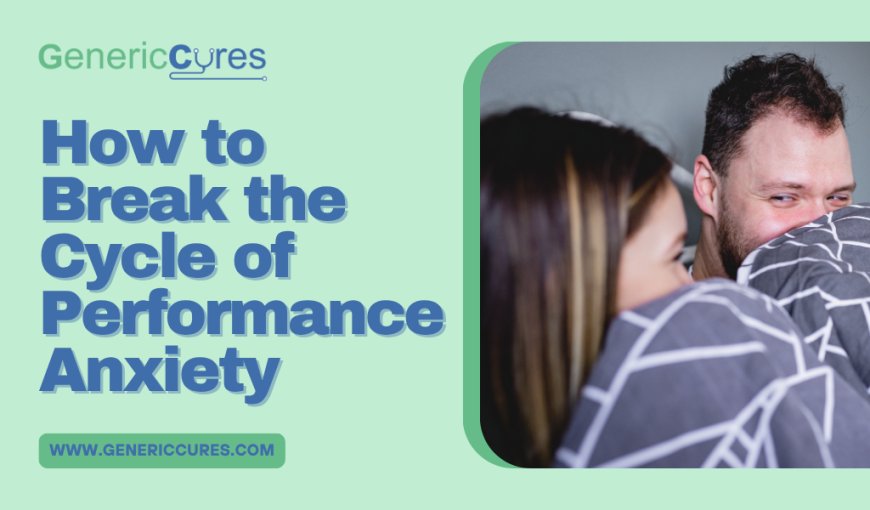
Understanding Performance Anxiety
Performance anxiety is a form of anticipatory stress where a person fears they wont perform well in intimate situations. This fear often leads to a self-fulfilling prophecy, where anxiety causes physical symptoms that reduce performance.
Common symptoms include:
-
Difficulty maintaining or achieving an erection
-
Rapid heartbeat or excessive sweating
-
Avoidance of intimacy
-
Loss of libido
-
Feelings of shame or embarrassment
Over time, performance anxiety can damage self-esteem and create emotional distance in relationships.
The Psychology Behind the Anxiety Cycle
The cycle of performance anxiety often begins with a single instance of perceived failure, such as not being able to get or keep an erection. That experience triggers doubt and self-criticism, making the person hyper-focused on performance rather than connection or pleasure in future encounters.
This cycle looks like:
-
One-time performance issue
-
Increased fear of future failure
-
Constant monitoring of body during intimacy
-
More performance issues due to stress
-
Avoidance or complete withdrawal from intimacy
The key to breaking this cycle is reducing the mental pressure and addressing both the emotional and physiological aspects of sexual function.
Identifying the Root Causes
While performance anxiety may feel psychological, it can also be rooted in physical conditions. Contributing factors may include:
-
Low testosterone
-
Poor blood circulation
-
Unmanaged stress or depression
-
Poor sleep habits
-
Alcohol or substance abuse
-
Chronic health conditions like diabetes or hypertension
Discussing your situation with a healthcare provider is essential for identifying any underlying medical conditions.
Mental Strategies to Overcome Anxiety
Overcoming performance anxiety starts with rewiring your thoughts. Here are a few techniques to help:
1. Practice Mindfulness
Mindfulness helps you stay in the moment rather than overthinking outcomes. Deep breathing, meditation, and grounding techniques can reduce stress before and during intimacy.
2. Therapy and Counseling
Seeing a therapist who specializes in sexual health or anxiety can help unpack mental blocks, trauma, or fear that may be contributing to performance issues.
3. Open Communication
Talking openly with your partner about your anxiety builds trust and helps reduce pressure. Knowing your partner is supportive can ease your mind during intimate moments.
Medical Support: When to Consider It
In some cases, performance anxiety can be linked to or worsened by temporary erectile dysfunction (ED). Fortunately, several medical solutions are available that can reduce the physical stress of performance and restore confidence.
Products such as Cenforce 50, a mild dosage medication, are prescribed for men experiencing mild erectile challenges. It's a good option for first-time users or those looking for subtle support without going overboard.
Similarly, higher-dosage options like Fildena double 200 are available for more severe cases. Always consult your physician to determine whats best for your individual needs.
These medications work by improving blood flow to the penis, allowing for firmer, longer-lasting erections when sexually aroused. They dont directly treat anxiety but can ease the pressure of performance so you can focus on connection instead of function.
Whether you're seeking Super Vidalista, known for its dual-action support (Tadalafil and Dapoxetine), or a milder alternative, these platforms empower you to make informed choices with verified options.
Natural Lifestyle Adjustments
Even without medication, several natural changes can support both physical and emotional aspects of sexual performance:
Exercise Regularly
Cardiovascular workouts improve blood flow and testosterone levelsboth critical for sexual function.
Eat for Hormonal Balance
Include foods rich in zinc, vitamin D, and omega-3s to support testosterone and general vitality.
Limit Alcohol and Smoking
Excess alcohol and nicotine can decrease performance and increase anxiety. Reducing or eliminating them helps both physically and mentally.
Prioritize Sleep
Lack of quality sleep negatively impacts hormone production, mood, and energy.
Final Takeaways: Youre Not Alone
Breaking the cycle of performance anxiety requires patience, awareness, and a multifaceted approach. From mental strategies and lifestyle changes to medication and therapy, there are many tools available. Remember:
-
You're not broken or alonemillions experience this
-
Anxiety can be managed and improved
-
Physical and emotional support often work best together
-
Trusted platforms like GenericCuresmake treatment more accessible
With time and effort, you can rebuild confidence, reclaim intimacy, and enjoy a more fulfilling connection with your partner.
You can have more details - Male performance anxiety solutions ED treatment
















![Top 9 Real Estate Mobile App Developers in Riyadh, Saudi Arabia [2025 Edition]](https://www.biphoo.uk/uploads/images/202507/image_430x256_6879d0d524335.jpg)





